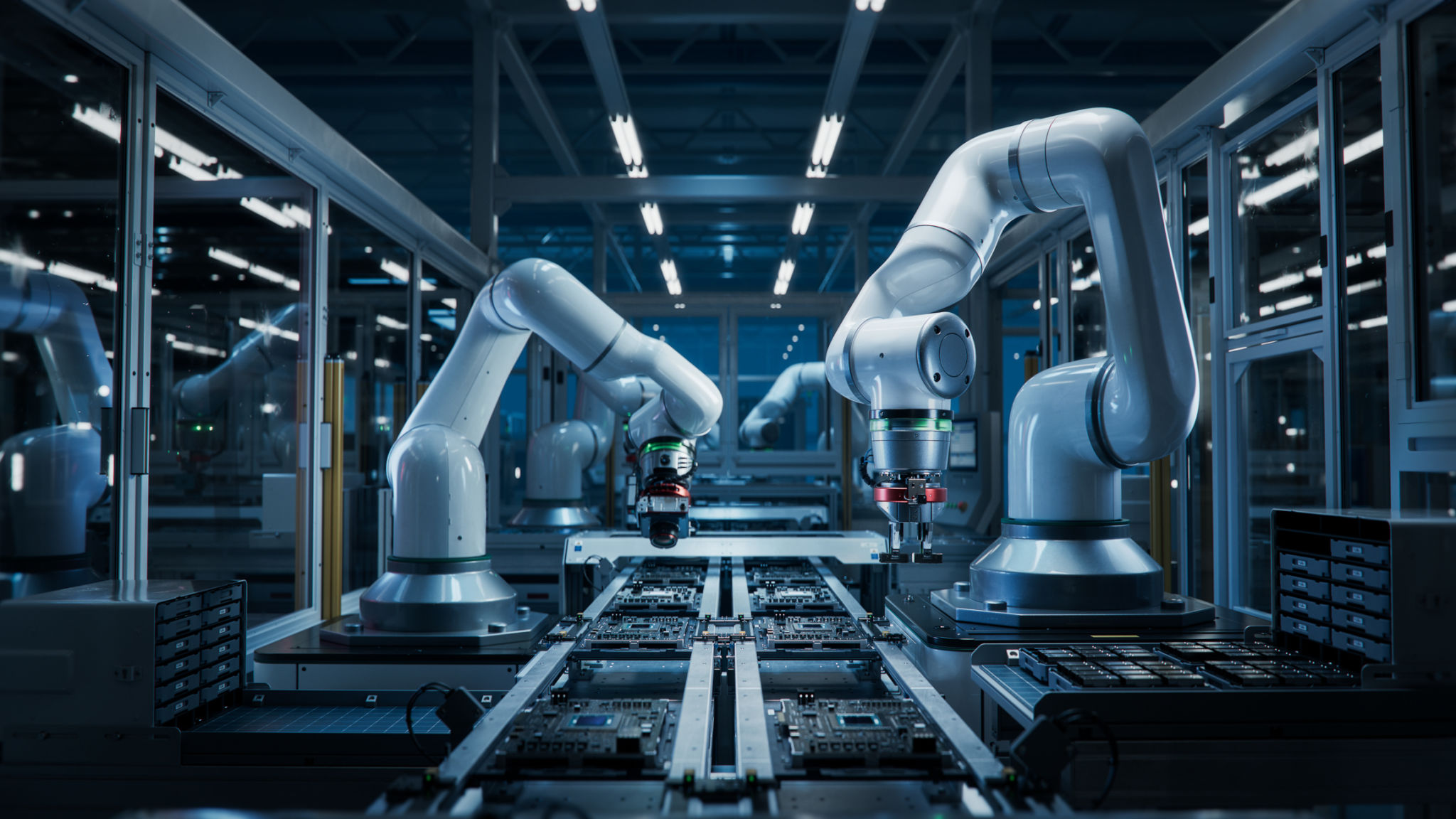Comprehensive Guide to Industrial Process Control Software
Understanding Industrial Process Control Software
In the world of industrial operations, maintaining efficiency and safety is paramount. This is where industrial process control software comes into play. These robust systems manage and control a wide range of processes, ensuring that operations run smoothly and effectively. With the rapid advancement of technology, these software solutions have become more sophisticated, offering industries the tools they need to optimize production and mitigate risks.

Key Features and Benefits
Industrial process control software encompasses a variety of features designed to enhance operational efficiency. Some of the key benefits include:
- Real-time Monitoring: The ability to monitor processes in real-time allows for immediate detection of any anomalies or inefficiencies.
- Automation: Automation reduces the need for manual intervention, decreasing the chance of human error and increasing productivity.
- Data Analysis: Advanced data analysis tools help in making informed decisions by providing insights into process performance.
Types of Industrial Process Control Systems
There are several types of industrial process control systems, each serving different purposes. These include:
- Distributed Control Systems (DCS): Typically used in large-scale industrial operations, DCS are designed to control complex, geographically distributed processes.
- Programmable Logic Controllers (PLC): PLCs are used for discrete control applications and are highly flexible and reliable.
- Supervisory Control and Data Acquisition (SCADA): SCADA systems are used for monitoring and controlling infrastructure and facility-based processes.

The Role of IoT and AI in Process Control
The integration of IoT (Internet of Things) and AI (Artificial Intelligence) into industrial process control software has opened new avenues for innovation. IoT enables devices to communicate and exchange data over the internet, providing a seamless flow of information across processes. AI enhances this by offering predictive analytics, anomaly detection, and decision-making capabilities. This combination results in smarter, more adaptive control systems that can foresee potential issues and adjust operations accordingly.
Choosing the Right Software for Your Industry
Selecting the appropriate process control software is crucial for maximizing its benefits. Here are some factors to consider when choosing software:
- Industry Requirements: Ensure the software meets the specific needs of your industry, whether it be manufacturing, oil and gas, or pharmaceuticals.
- Scalability: Choose a solution that can grow with your business and adapt to changing operational demands.
- User-Friendliness: A user-friendly interface is essential for smooth implementation and operation without extensive training.

Future Trends in Industrial Process Control
The future of industrial process control is promising, with trends pointing towards greater integration of digital technologies. The focus is shifting towards more autonomous systems capable of self-optimization and self-repair. This is complemented by advancements in machine learning algorithms that continuously improve system performance. Moreover, the increasing emphasis on sustainability drives innovations that not only enhance efficiency but also reduce environmental impact.
In conclusion, industrial process control software is an indispensable tool for modern industries aiming to streamline their operations while ensuring safety and compliance. By leveraging advancements in technology, industries can achieve unprecedented levels of efficiency and productivity. As these systems continue to evolve, businesses must stay informed about the latest developments to remain competitive in an ever-changing landscape.